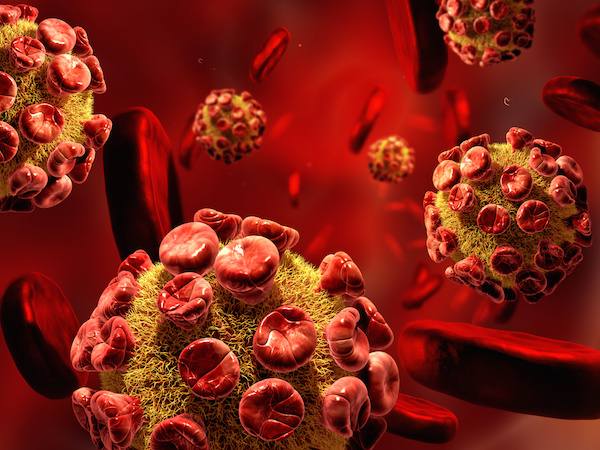
WEDNESDAY, Oct. 19 (HealthDay News) —
Some of the genetic traits that give bedbugs resistance to insecticides have been pinpointed by U.S. researchers.
The findings will help efforts to understand the biochemical basis for bedbug resistance to insecticides and provide molecular markers for surveillance.
“Different bedbug populations within the U.S. and throughout the world may differ in their levels of resistance and resistance strategies, so there is the need for continuous surveillance,” study author Zach Adelman, an associate professor of entomology with the Vector-Borne Disease Research Group at Virginia Tech, said in a school news release.
There’s been a resurgence of bedbugs in the United States in the past decade, and some bedbugs have developed a resistance to pyrethroids, one of the few classes of insecticides used to control them.
The Virginia Tech team identified three genes (cytochrome P450 monooxygenases, carboxylesterases and glutathione S-transferases) that produce enzymes that can bind to, deactivate and break down two of the most common pyrethroids, deltamethrin and beta-cyfluthrin.
The researchers also discovered that insecticide-resistant bedbugs have a mutation in the sodium channel gene. This mutation gives the bedbugs partial resistance to pyrethroid insecticides.
Highly resistant bedbug populations can have a number of genetic traits that protect them against pyrethroids and possibly other insecticides, the researchers concluded.
The study appears in the Oct. 19 issue of PLoS One.
More information
The U.S. Centers for Disease Control and Prevention has more about bedbugs.

